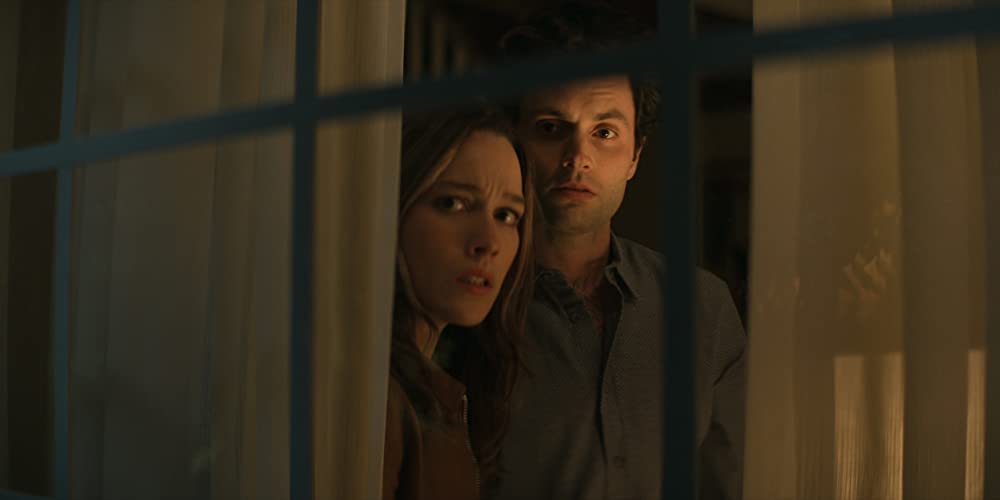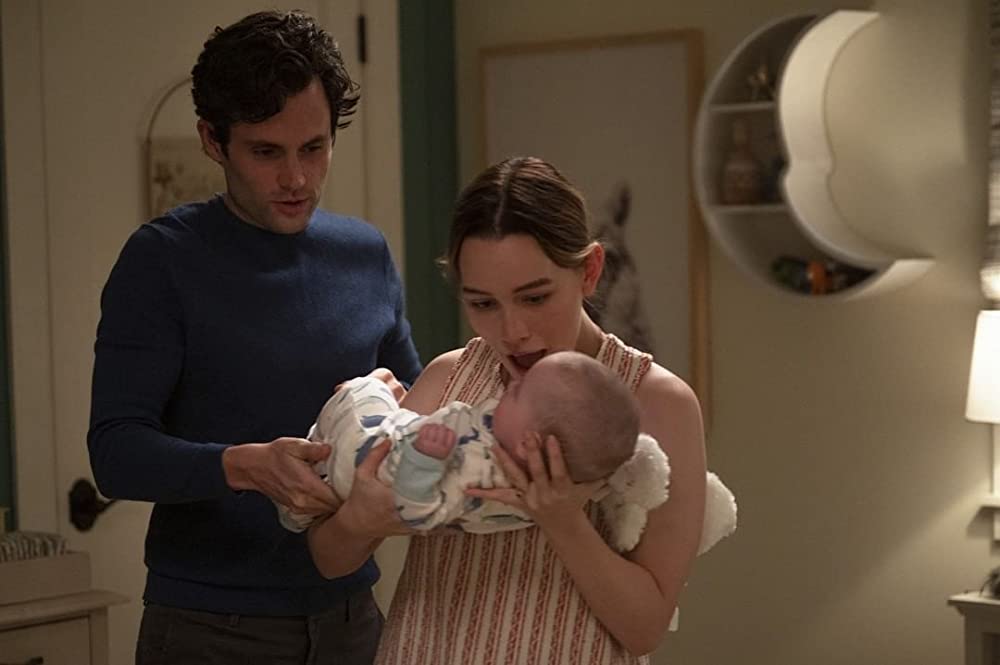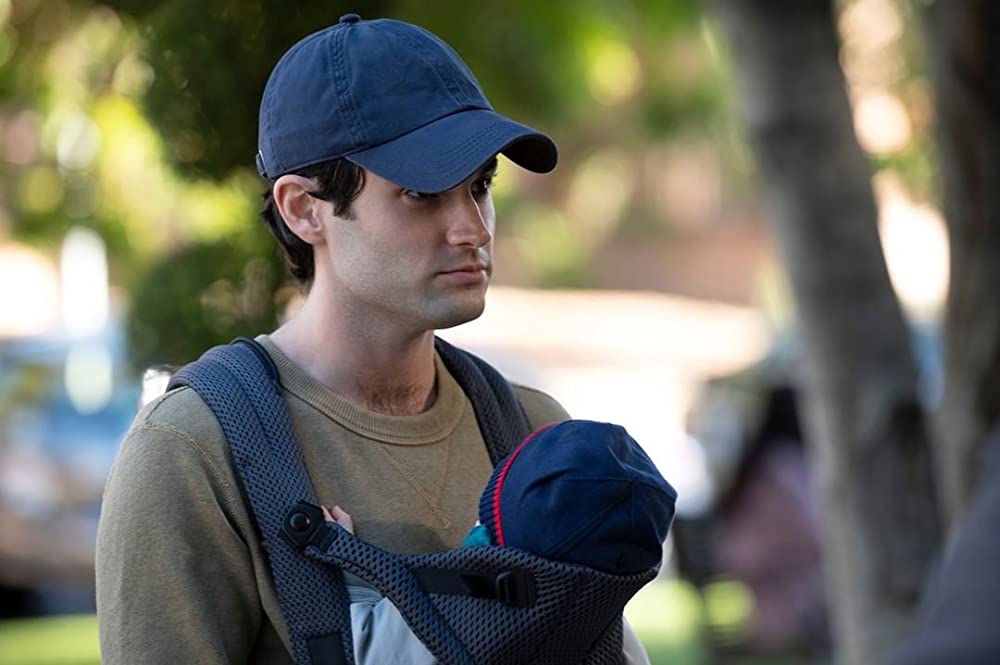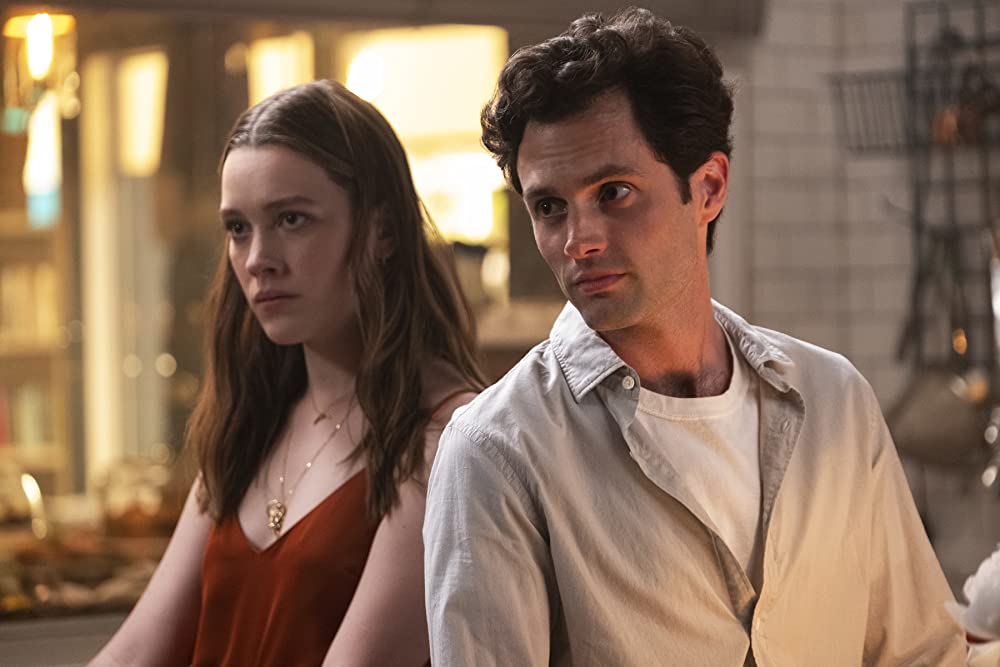By Ryan Grant-Khailani, History, Second Year
This previous Friday, season three of You arrived on Netflix. The long-awaited return of the show debuted new characters, themes and environments while remaining dutifully loyal to previous incarnations.
Showrunner Sera Gamble has accomplished a great feat by adapting this 400-some-page book about interpretations of expectation in modern relationships into a long-form TV series, which is expecting a fourth season next year. The suspense-thriller action is one the most celebrated elements of the show. Despite this, Netflix announced the fourth season ahead of the season three premiere. This premature announcement inadvertently blunted the extent to which this suspense could be generated upon viewing. The fate of the characters throughout this series is considered to be a titillating, nail-biting journey of whether the main character would make it out alive and/or free from prison. Because of this reveal, the viewer is going in, aware that a fourth one awaits to solve the question of the ending of this season. This criticism notwithstanding, the third season is definitely worth the watch.

The praises have to immediately begin with the acting; Gossip Girl star Penn Badgley returns as Joe Goldberg, the man who would do anything for love. His co-star, Haunting of Hill House’s Victoria Pedretti returns with the character Love Quinn, the self-proclaimed perfectly imperfect girl. Their nuanced portrayals of the monstrous disguised as the ordinary are enthralling, standing out as one of the more attractive reasons to binge the entire series in a sitting.
The new setting for the adventures of Joe Goldberg now continues in the San Francisco suburb of Madre Linda, which is cinematically beautiful (as is the rest of the show). The actors explore the newly introduced themes of marriage and parenthood, while remaining considerate of the previous themes of commitment and obsession. The added dimension of marriage allows for probing conversations into long-term relationships; the presentation of this material does not feel convoluted or unnatural despite the meta-irony of the relationship in question being between two homicidal psychopaths.
The addition of couple’s therapy allows for rational considerations to be explored, which was a great choice on the writers’ behalf.

Returning viewers will remember that at the end of the second season, both characters are expecting a child. This is the vehicle by which conversations about parenting style and child rearing have their fifteen minutes. Again, this is coupled with the fact that the child is parented by two unhinged people – the fear of extending these behaviours to the child is the disguised way in which the show talks about generational trauma. The childhood and backstory of Joe continue to be explored, as has been the case with the previous seasons. It comes to a point that the audience has to question why these are included? Do they justify his actions or serve as a launch pad for defenders of his psychotic tendencies? It doesn’t sit well in my opinion.
Throughout the entire show the audience have been privy to the narration of Joe’s inner monologue, outlining the sick and perverse idea that he is doing everything he can to ‘save’ his love, while being blindly selfish in his actions. The unreliable narrator is a trope which has always been used tactfully by the writers of this show, and this is where a lot of the conversations around commitment and parenthood stem.

This show has successfully made a return with a strongly written season, but whether I will be waiting at the edge of my seat for next season is another question. I must admit the ending was subpar to my personal hopes and expectations, but that doesn’t take away from how enjoyable the journey was.
Featured Image: IMDB, Beth Dubber
YOU will miss out- stream now on Netflix!









